Futurological Congress: a selection of accounts of the evangelists of the future

In ancient times, one person in his entire life could see no more than 1000 people, and only communicated with a dozen tribesmen. Today, we are forced to keep in mind information about a large number of acquaintances who may be offended if you do not greet them by name at a meeting.
The number of incoming information flows has increased significantly. For example, each of our acquaintances constantly generates new facts about themselves. And there are people whose fate we are closely watching, even without the opportunity to meet in person - these are politicians, bloggers, artists.
Quantity does not always translate into quality. World famous people often generate continuous informational noise, which does not affect our real life. It is all the more interesting to try to isolate the voices of those who can see further from the white noise and understand more than the others.
In an era of excess of meaningless knowledge, the voices of futurologists can be useful for finding new trends and understanding the mechanics of the great gears that rotate the world. Below you will find links to the accounts of the most relevant visionaries of the future.
Raymond Kurzweil
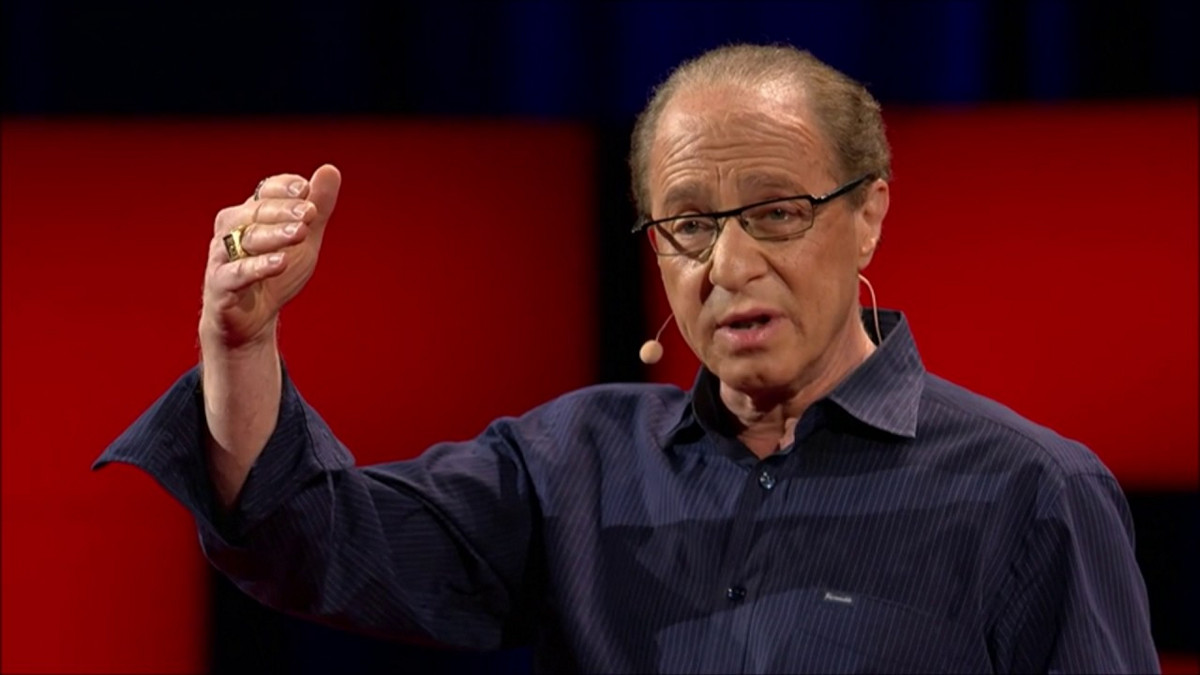
Bill Gates called Raymond Kurzweil "the best I know to predict the future of artificial intelligence." Not without reason, the famous futurologist since 2012 holds the position of technical director in the field of machine learning and natural language processing at Google.
Kurzweil believes that even during the lifetime of the current generation, a singularity will be achieved that will allow humanity to rise to a new level of evolutionary existence.
To achieve the next step of the evolutionary ladder, we will be helped by a symbiosis with strong artificial intelligence. In fact, the singularity will erase the differences between human and artificial intelligence.
According to Kurzweil, such insoluble problems as climate change, lack of resources, illness and even death will be eliminated by the singularity.
Michio Kaku
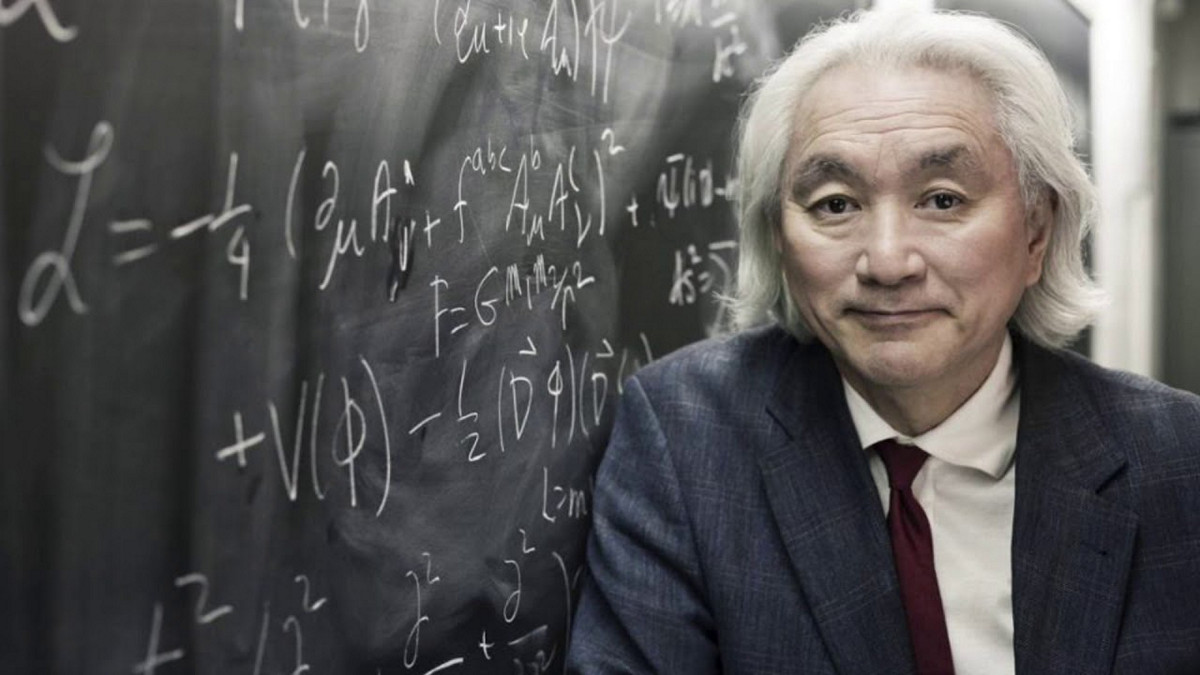
Theoretical physicist, popularizer of science with an incredibly wide range of interests - from black holes to brain research.
Michio Kaku is one of the co-authors of string theory. He has published over 70 scientific articles on the theory of superstrings, supergravity, supersymmetry and particle physics. An ardent supporter of the Multiverse - the theory of the existence of many parallel universes. Kaku suggests that the Big Bang occurred when several universes collided, or when one universe split into two.
Jaron Lanier
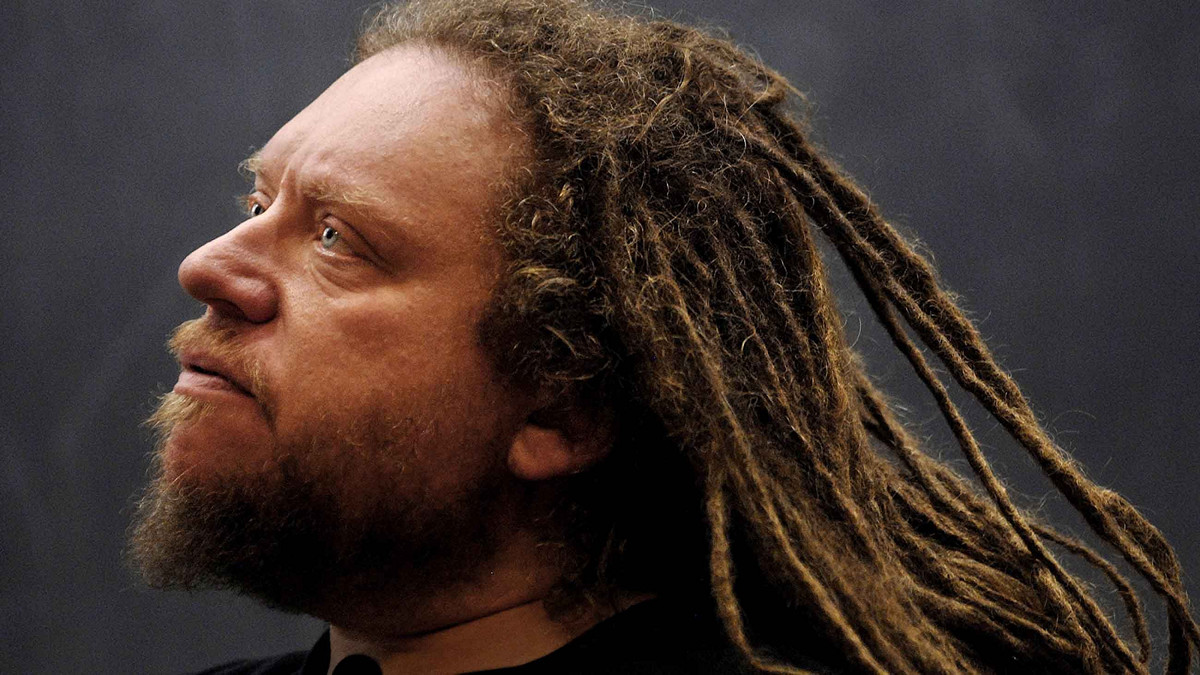
Back in the 1980s, Lagnier developed the first glasses and gloves for immersion in virtual reality. Actually, he coined the term VR.
Currently works at Microsoft, deals with data visualization problems. He periodically appears in the media as an expert in the field of techno-pessimism and the author of the book “Ten arguments in favor of deleting your accounts on social networks right now."
For obvious reasons, it does not lead pages on social networks, so we give a link to a personal site.
Yuval Noah Harari
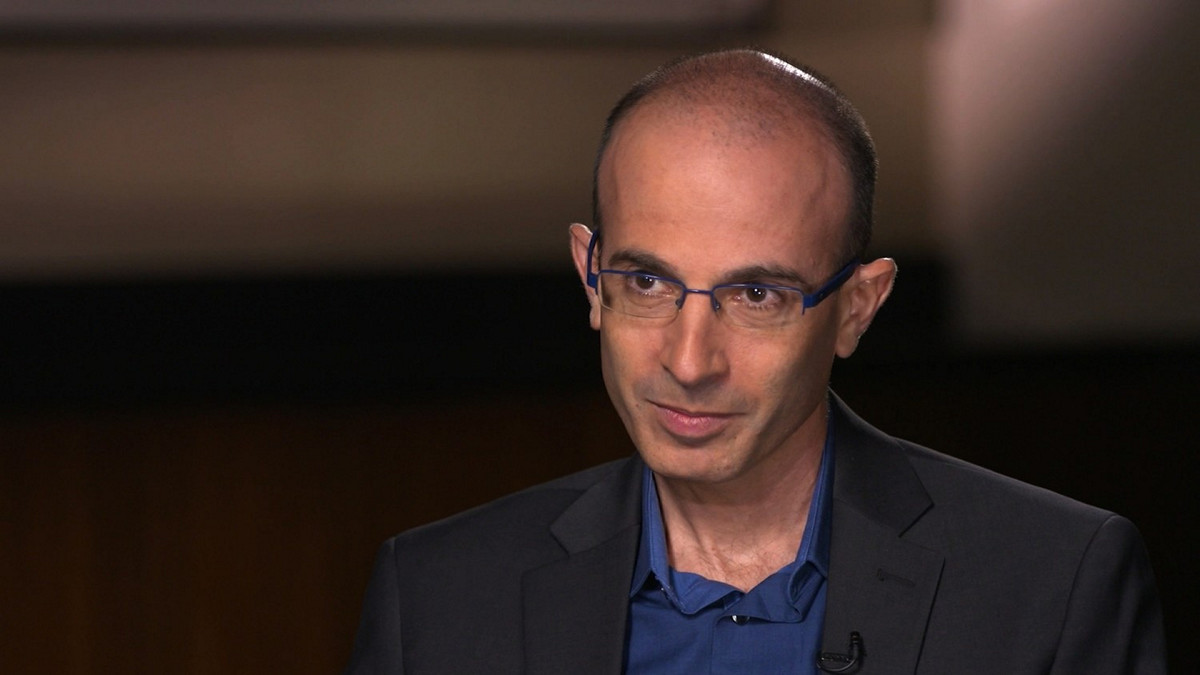
Israeli military historian specializing in the European Middle Ages. Vegan, an animal rights activist, assistant to the lay mentor of the late tradition of Burmese meditation, Vipassana, author of two prominent books: Sapiens: A Brief History of Humanity and Homo Deus: A Brief History of Tomorrow.
While the first book talks about the gradual movement of mankind so far, Homo Deus is a warning that dataism (the mindset created by the growing value of Big Data in the world) will do with our society and bodies in the near future.
Aubrey Di Gray

One of the leading socially significant fighters with problems of age-dependent diseases, the main researcher and co-founder of the SENS research fund. Dee Gray seeks to significantly increase people's lifespan so that death is a thing of the past.
Aubrey Dee Gray began his career as an AI / software engineer in 1985. Since 1992, he has been engaged in research in the field of cell and molecular biology at the Department of Genetics at Cambridge University.
In 1999, he published a book entitled Mitochondrial Free Radical Theory of Aging, where he first outlined the key idea of his further scientific research: the prevention and repair of damage accumulated by the body during aging (in particular, in mitochondrial DNA), which should help people live much longer.
David Cox
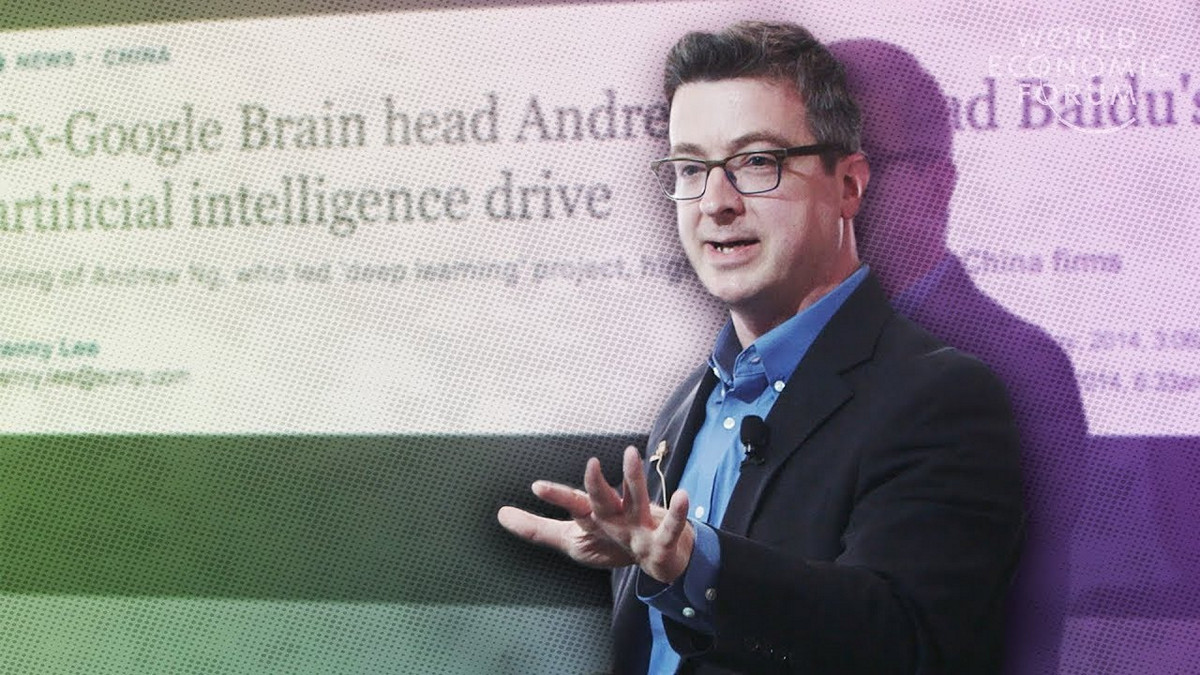
Director of MIT-IBM Watson AI Lab, part of the largest industrial research organization in the world - IBM Research. For 11 years, David Cox taught at Harvard. He received a bachelor's degree in biology and psychology at Harvard, as well as a doctorate in neuroscience at the Massachusetts Institute of Technology. IBM brought in a life science specialist to tackle AI issues.
Sam Altman
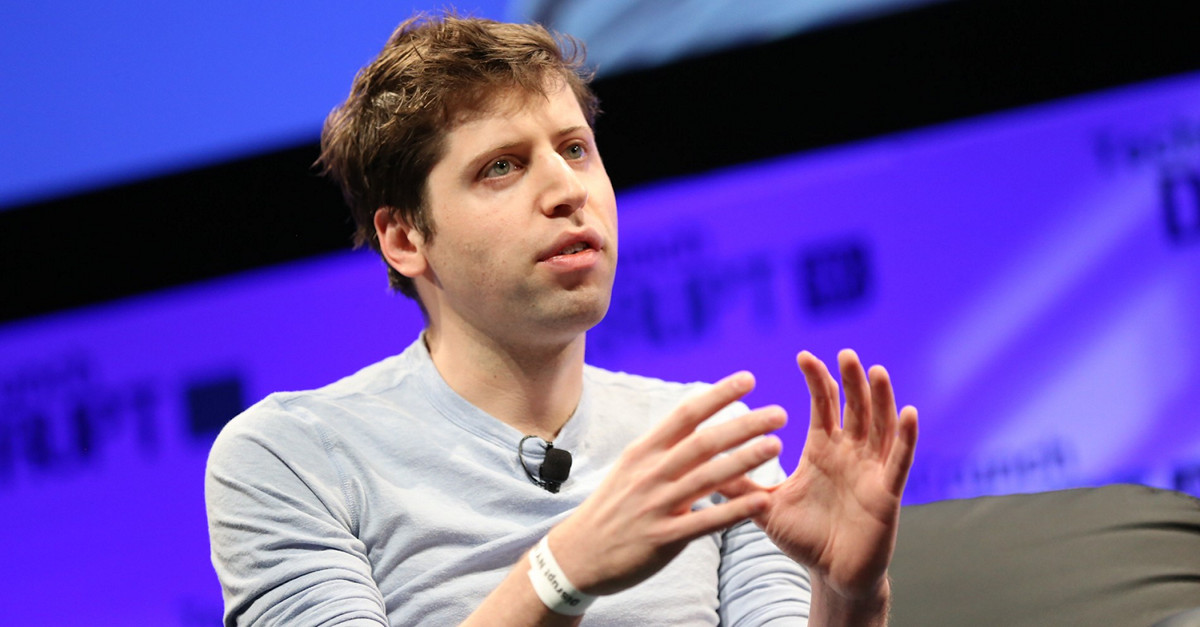
The former head, and now the chairman of the board of directors of one of the most famous accelerators for startups, Y Combinator, one of the leaders of the OpenAI artificial intelligence research project, founded in collaboration with Peter Thiel and Ilon Mask (left the project in 2018 due to a conflict of interest).
Nicholas Thompson and Kevin Kelly
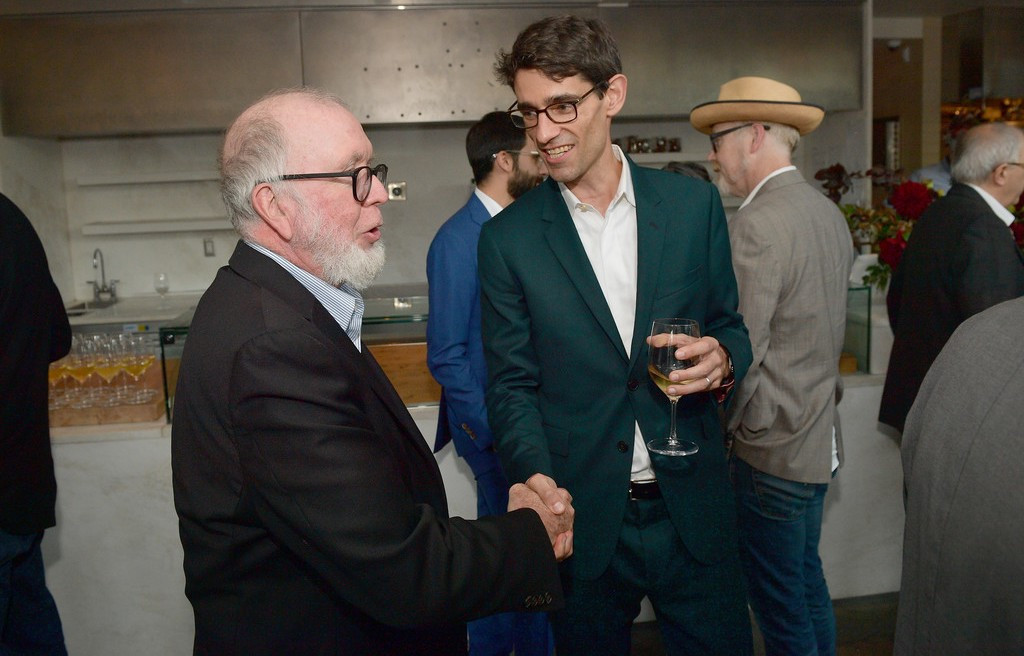
Nicholas Thompson (pictured right) is a technology journalist, editor-in-chief of the cult publication on WIRED technologies, a leader in opinions on the development of artificial intelligence, the formation of an authoritarian Internet, and on the problems of anonymity on the network.
No less significant is another key employee - Kevin Kelly, co-founder of WIRED, author of the book “Inevitable. 12 technological trends that shape our future. ”
Eliezer Yudkowsky
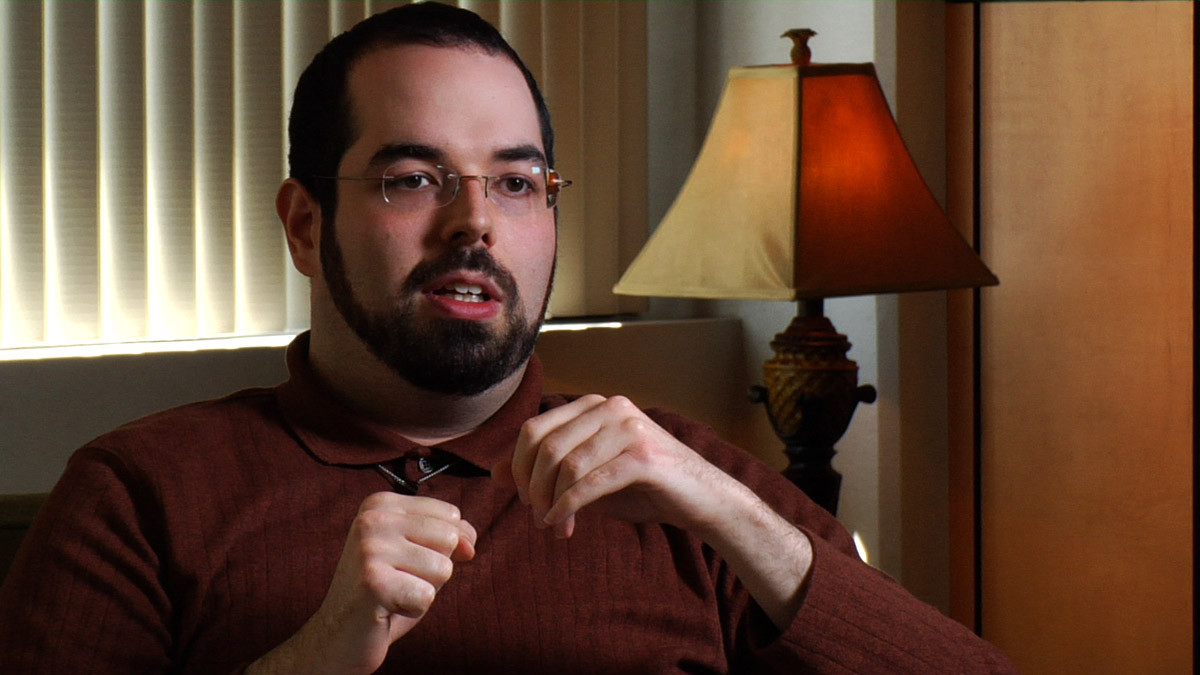
Co-founder and researcher at the Institute of Singularities for the Creation of Artificial Intelligence, author of the book "Creating Friendly AI" and many articles on the problems of natural and artificial intelligence.
In non-academic circles, he is better known as the author of one of the main books of the beginning of the XXI century. on the development and application of the principles of logic in real life: "Harry Potter and the methods of rational thinking."
Hashem Al Ghaili
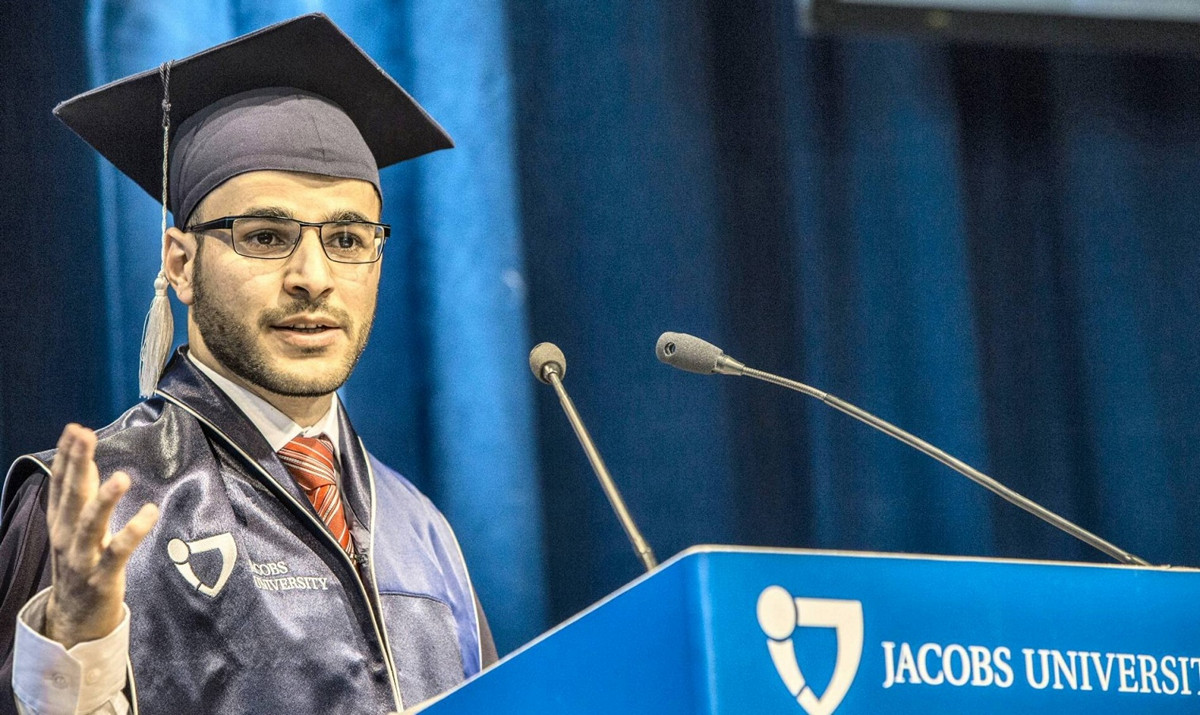
27-year-old Hashem Al Gaili from Yemen, living in Germany, is the representative of a new generation of science popularizers. Being the creator of scientific and educational videos, he proved that even with a small budget, you can gather a millionth audience. Thanks to clips explaining the results of complex research, he has collected more than 7.5 million subscribers and over 1 billion views.
Nassim Taleb
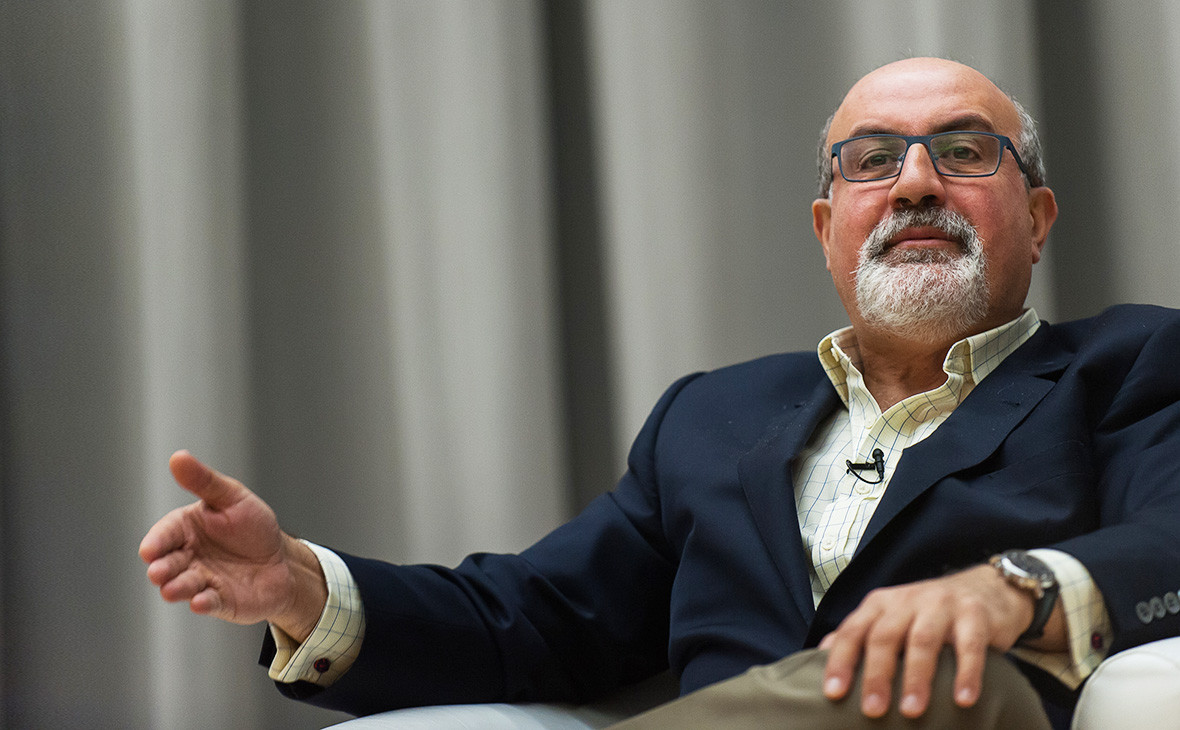
He is the author of the economic best sellers “The Black Swan” and “At the risk of his own skin.” The latent asymmetry of everyday life ”, trader, philosopher, specialist in forecasting risks. The main area of scientific interests is the study of the impact of random and unpredictable events on the world economy and stock trading. According to Nassim Taleb, almost all events that have significant consequences for markets, global politics and people's lives are completely unpredictable.
James canton
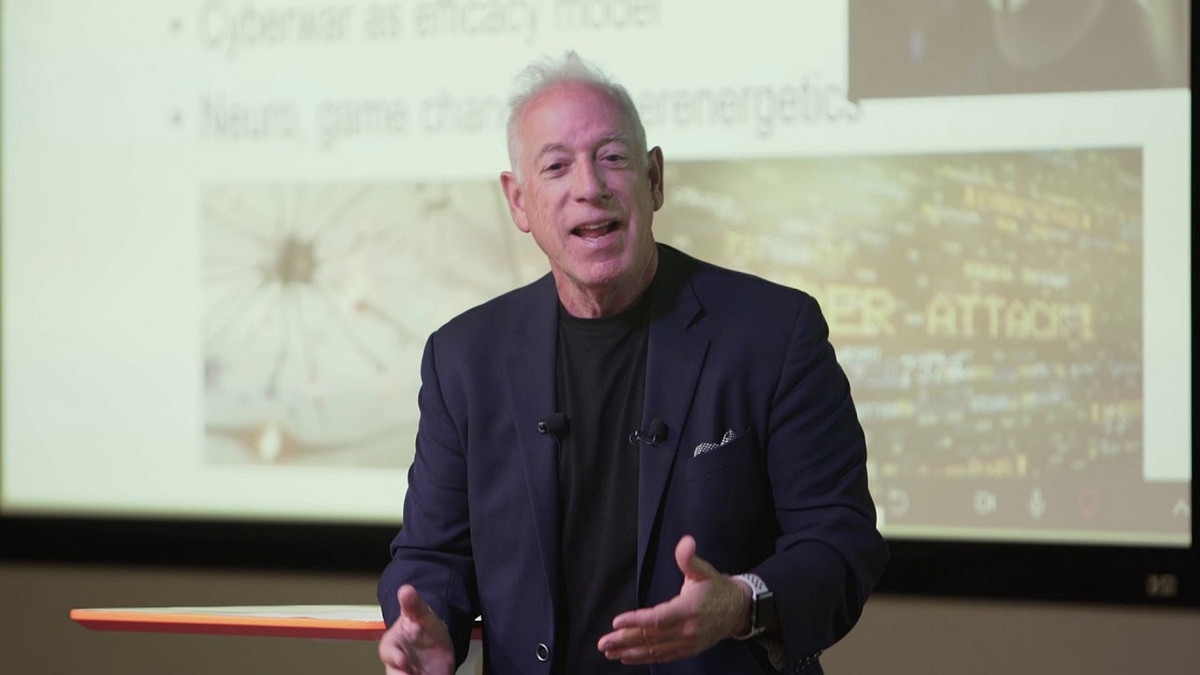
Founder of the Institute for Global Futures in San Francisco, author of Smart Future: Managing Trends That Transform Your World. He worked as a consultant in the administration of the White House on future trends.
George Friedman
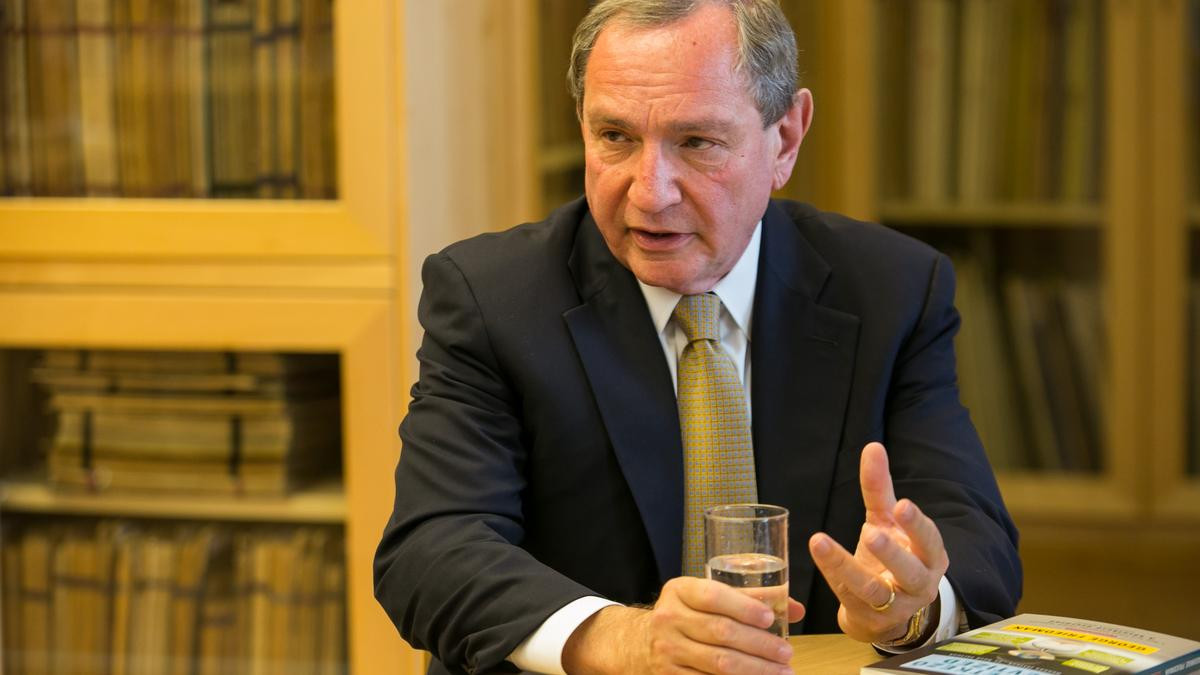
Political scientist, founder and director of the private intelligence and analytical organization Stretfor, which collects and analyzes information about events in the world. Known for several controversial forecasts, however, it reflects the opinion of a significant part of experts from the United States on the development of the European region and neighboring countries.
We have compiled a far from exhaustive list. Someone might want to add another futurologist, visionary or thinker (for example, you like Daniel Kahneman's ideas and you are sure that they will change the world in the future) - write your suggestions in the comments.
